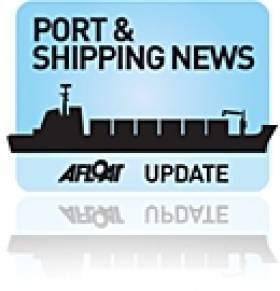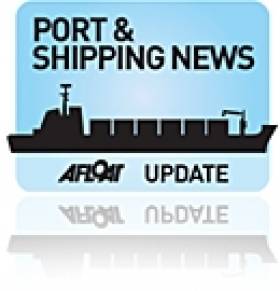Displaying items by tag: WindFarm Support Vessels
Purr... fect as Wind-Farm Cats Excel
#WindFarmCraft- Wicklow based marine-plant specialist Island Shipping look back on their pair of wind-farm support vessels (WFSV) introduced in recent years and with added satisfaction.
Following research of the 17m craft, they have performed particularly well with the best in the business but in order to verify it, the company took a closer look of their vessels log-books.
While operating for 20 months off the UK coast along the Sheringham Shoal Offshore Windfarm the Island Tiger and Island Panther carried out 37,205 logged personnel transfers.
At the peak of activity, in July 2012, the Island Panther carried out 2,152 logged personnel transfers during the month.
#ShippingReview: Over the last fortnight Jehan Ashmore has reported from the shipping scene where Fastnet Shipping has added a new 22m windfarm and survey support vessel (WFSV) to its fleet.
According to the 10th edition of the annual Irish Maritime Transport Economist, the volume of cargo shipped though ports saw a small overall increase last year with two of the five principle cargo segments experiencing growth.
At the Dublin Port Company's AGM, it was announced that the port will pay a €7m dividend to the State in June 2013.
Deliveries of hay to Galway Harbour were under the consideration of Minister for Agriculture Simon Coveney in a bid to address the fodder crisis.
Minister of State at the Department of Foreign Affairs and Trade, Joe Costello visited Tanzania to assess the impact of the UNCTAD Port Training Programme.
More news of wind-farm support vessels, as two such craft have returned to Island Shipping, following completion last month of a charter to a UK offshore wind-farm.






























































